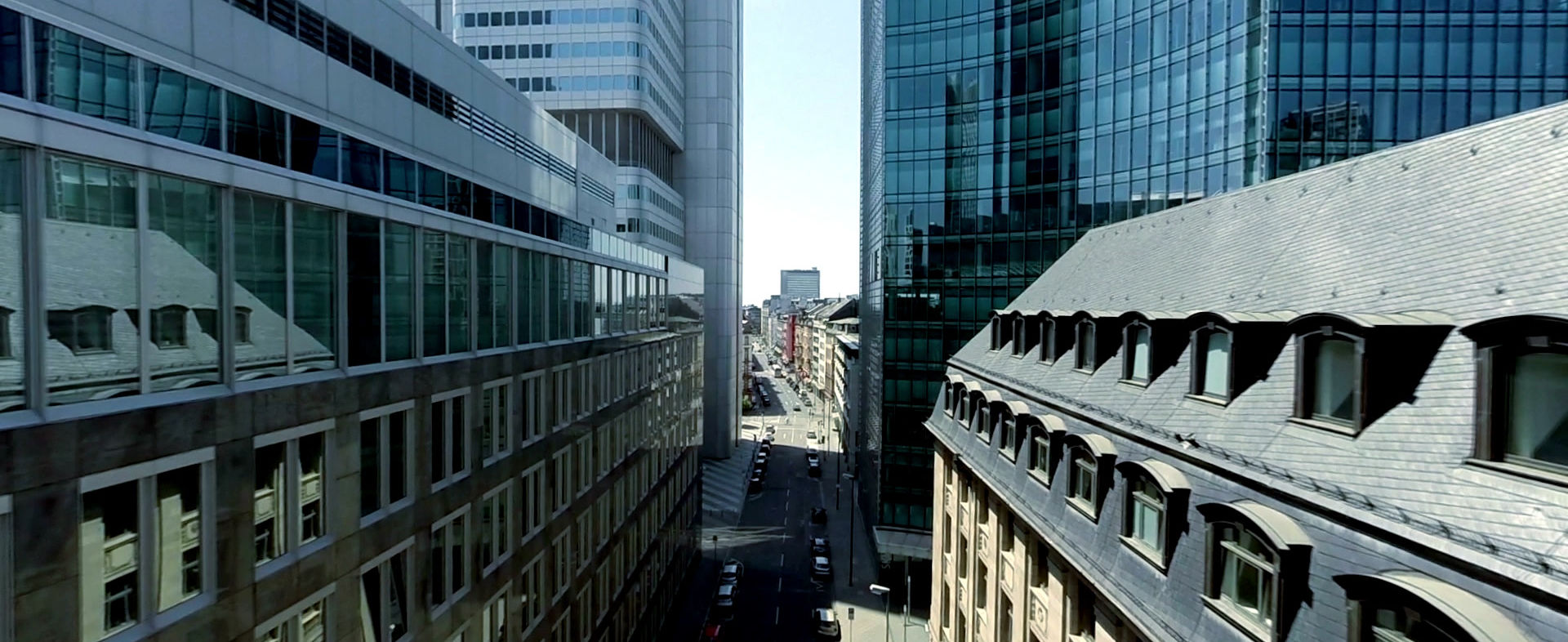
At TERRA, we are committed to a more responsible and sustainable future. We offer sustainability consulting services and environmental certifications management.
Join us in this inspiring mission!

Energy performance
Smart water use

LEED Certification
LEED (Leadership in Energy and Environmental Design) certification is a globally recognized certification system that promotes sustainable building design and construction. Developed by the U.S. Green Building Council, this certification evaluates the environmental performance of buildings in several categories.

Sustainable Materials

Waste management

Air quality
What are the advantages of being LEED certified?
-
Energy Performance: LEED-certified buildings are more energy-efficient, reducing operating costs and environmental impact.
-
Health and Well-Being: LEED promotes healthy environments, which improves air quality, increasing productivity and overall wellness
-
Market Value: LEED-certified buildings have a higher market value and are more attractive to potential investors.
-
Internationational Recognition: LEED Certification means that your building stands out internationally as a leader in sustainability.
EDGE Certification
EDGE (Excellence in Design for Greater Efficiencies) certification is an innovative tool created by the World Bank that focuses upon resource efficiency in building construction. It helps to design and build structures that use less energy, water and materials, encouraging more sustainable development.

What is EDGE purpose?
Water consumption
-20%
Energy consumption
-20%
Resources
-20%
To reduce the consumption of energy, water and resources compared to a building of reference.
Which are the differences between EDGE and LEED?
-
Approach: LEED covers more detailed and specific categories while EDGE focuses on the efficiency of the resources used.
-
Methodology: LEED evaluates different criteria from design to construction, while EDGE compares performance against a reference model.
-
Costs: LEED has a more rigorous process, which translates into higher costs. EDGE, on the other hand, is more affordable and easier to certify.
-
Recognition: LEED is the highest certification in the market; however, EDGE is usually applied in emerging markets and small to medium scale projects.

